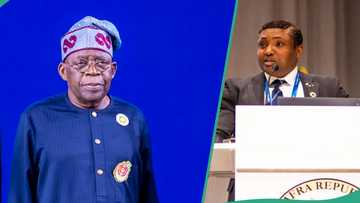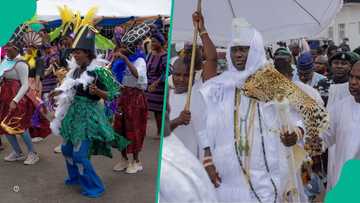Effect of nationalism in Nigeria
In today’s world, nationalism plays an essential role in the stable development of every nation’s growth. The feeling of nationality is called nationalism which can also be understood as a political strength that holds a nation together towards any goal. Nationalism has its roots in national consciousness and love for one’s country to handle its own affairs. Nationalism is also considered a political ideology based on patriotism which helps to fight for country’s independence. In this post, you will find information about the effect of nationalism in Nigeria.

Source: UGC
Nigerian nationalists like Dr. Nnamdi Azikiwe, Sir Abubakar Tafawa Balewa saw the exploitation of mineral resources by the European countries needed to be stopped. Such a situation when Europeans used the Africans as workforce who were not properly paid should be changed. Nigerians came up with the idea that nationalism will be the political strength that will stop the colonial masters. By the efforts of the nationalists and Nigerians in general, Nigeria became independent.
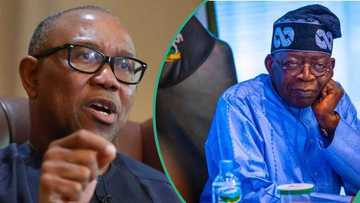
Read also
"Nigeria is a crime scene": Peter Obi highlights systemic corruption in new emotional speech
What is the effect of nationalism in Nigeria?
Comparing nationalism and patriotism, one can say that these are similar but not identical concepts. They are often used interchangeably. While patriotism is more of a personalized emotional feeling, nationalism is based on the pride of belonging to a particular nation.
Nationalism can be perceived from two points of view, attitude and action. Attitude is concerned with the feeling of a national identity, loyalty of the nation. The nationalistically related actions occur when the enemy is threatening the existence of the nation. Nationalism is a feeling of political unity. Nigerian nationalism arose at times when the country was under the rule of the British empire.
Nigeria was captured by colonists who exploited it economically. What made the situation worse was that Nigeria was a country with many cultural groups that differed by tribe, religion, customs and other factors. Three main tribes, Hausa, Igbo and Yoruba, had to combine their efforts and replace their nationalistic tendencies with regional nationalism.
In 1963, Nigeria became the Federal Republic which also meant independence from the Britain rule. Since independence, nationalism has eroded, and corruption has grown significantly. The main reason for nationalism has transformed into corruption was the discovery of oil.
African nationalism had two major trends: Pan-Africanism and anti-imperialism. Similar to Zionist movement in Israel, the African movement meant a lot to all the African countries.
It is known that African nationalism was directed against European imperialism, which arose as a result of partitioning of Africa which followed by an intensive rivalry for raw materials. The feeling of nationalism gave birth to African nationalist struggle against the British rule. During the 19th and 20th centuries, the development of the cultural, economic and political potential of Nigeria and other African countries took place.
READ ALSO: Herbert Macaulay's birthday today: let's recall why we should be grateful to him
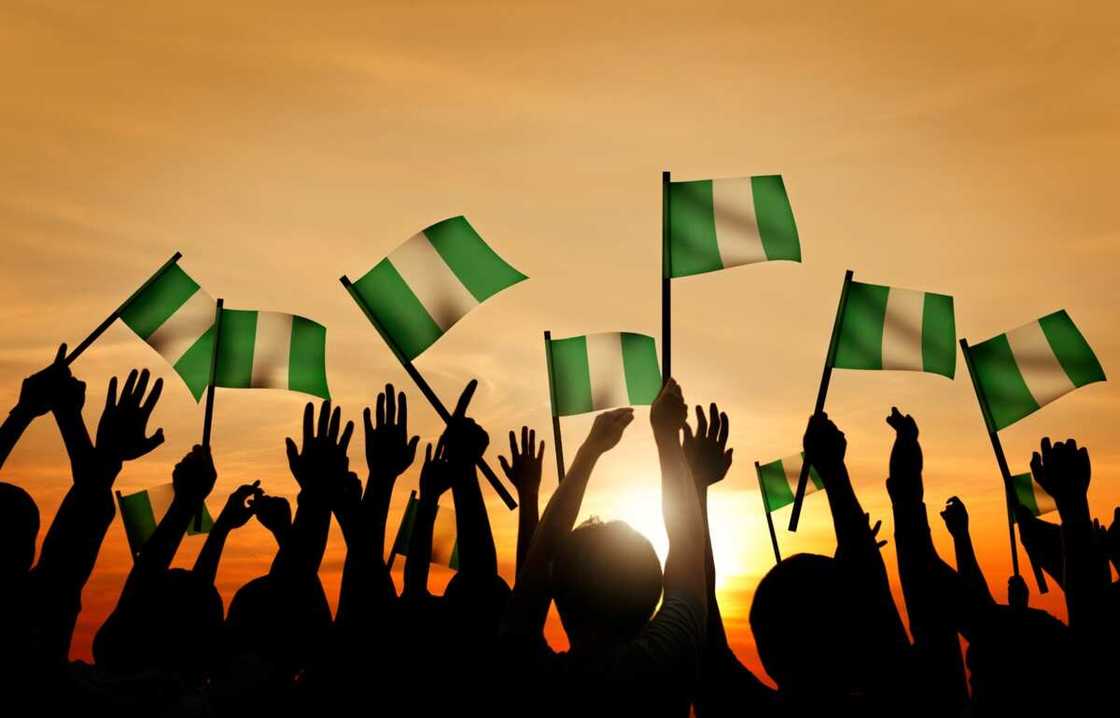
Source: Getty Images
The British local administration tried to divide people by ethnic, political, religious, regional lines. High taxes imposed on Nigerian citizens resulted in a number of revolts.
Educational system in Nigeria served the purpose of facilitating administration for the British colonial masters. Education was a privilege of the elite. To some extent, the African movement started in Britai. Initially, nationalists were not focused on Nigerian nationalism but on the efforts of the Nigerian ethnic groups including Igbo and Yoruba to gain freedom from the imperial rule. They began the agitation for self-rule.
When talking about church, it also has provided platforms for the nationalist movement. European missionaries were against the African movement, so they tried to prevent leadership in the African churches. However, Nigerians developed denominations independent from European missionaries and these denominations provided ways for free thought against the colonial rule.
Many political and non-political organizations like the Nigerian Union of Teachers, the Nigerian Law Association and the Nigerian Produce Traders’ Association led by Obafemi Awolowo have been founded. The most politically conscious people including students, intellectuals and professionals stood in the avant-garde of Nigerian nationalism.
In 1922, Nigerians were elected to the legislative council. Hubert Macaulay, publisher of the Lagos Daily News became the first leader of the Nigerian National Democratic Party and African movement. Together with Nnamdi Azikiwe, he united the various ethnic groups.
READ ALSO: Who is father of nationalist movement in Nigeria?
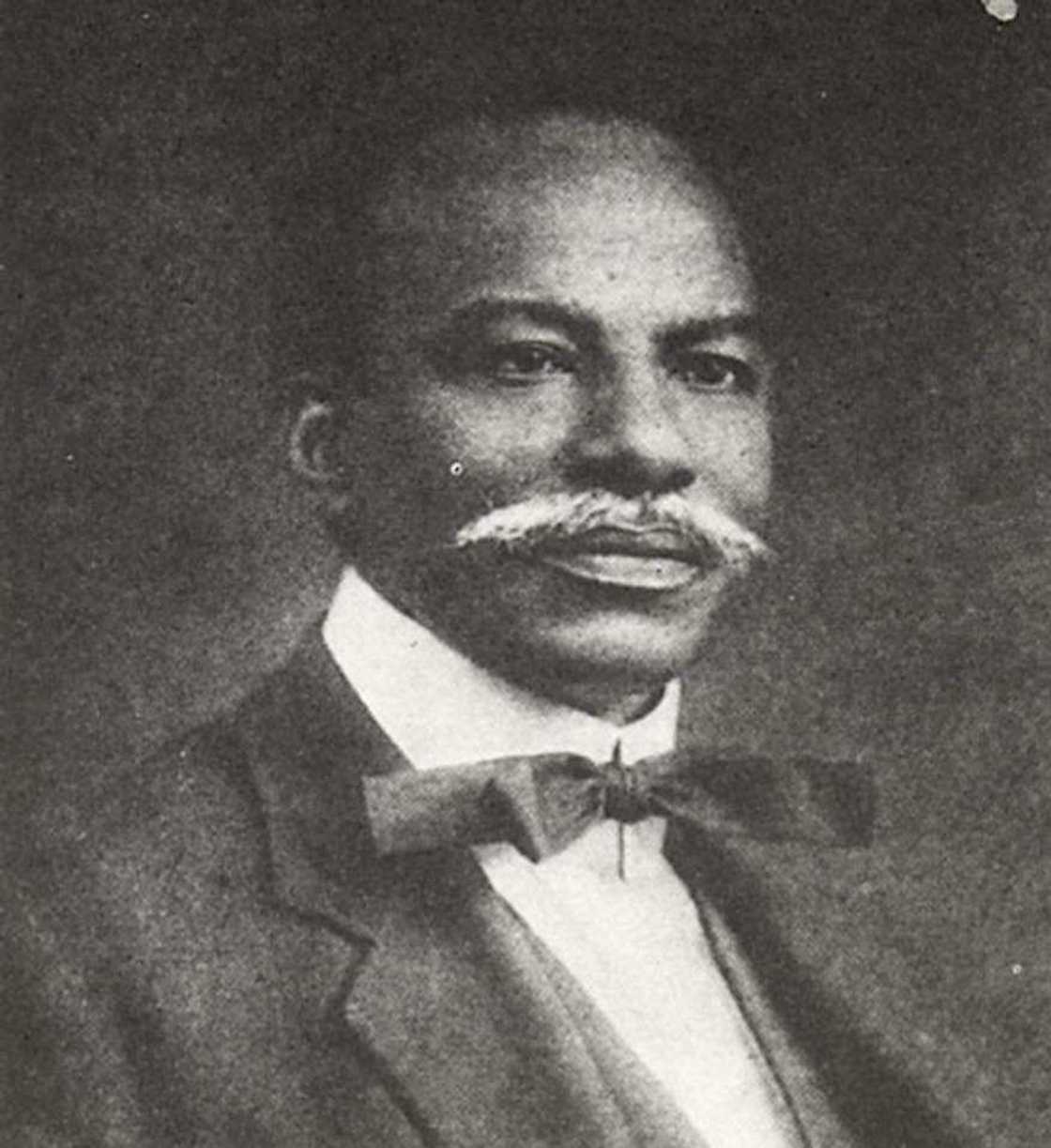
Source: Depositphotos
Photo: osumenyiblog.blogspot.com
The positive effect of nationalism in Nigeria
Nationalism in African countries arose from the struggle against colonial rule. In general, nationalism had positive effects on Nigeria’s development. If it is driven by good motives, it strengthens the country and makes it better for all citizens.
The most important effect of nationalist activities in Nigeria is in encouraging unity. Nigerians worked together for their common benefits. It improved productivity so that both the employers and the employees benefited.
Nationalism in Nigeria did not only help in the fight for independence but promoted education and development of Nigeria and other African countries.
READ ALSO: Nigerian heroes and their contributions

Source: Depositphotos
The negative effect of nationalism in Nigeria
After all, nationalism may have negative effects on the country’s development as well. The thing is that leaders who came after the prime nationalistic leaders were not patriotic. They enriched themselves with the country’s wealth.
The truth is Nigeria today is using a nationalistic system that is completely different from how it looked at the times of gaining her independence. Since after Nigeria’s independence, the country has grown significantly in terms of economy and politics. However, when the military rule emerged, the nationalistic spirit began to die, and corruption began to grow in the hearts of the political and economic leaders which also affected Nigerian citizens who witnessed crisis, numerous killings, unemployment and other negative effects.
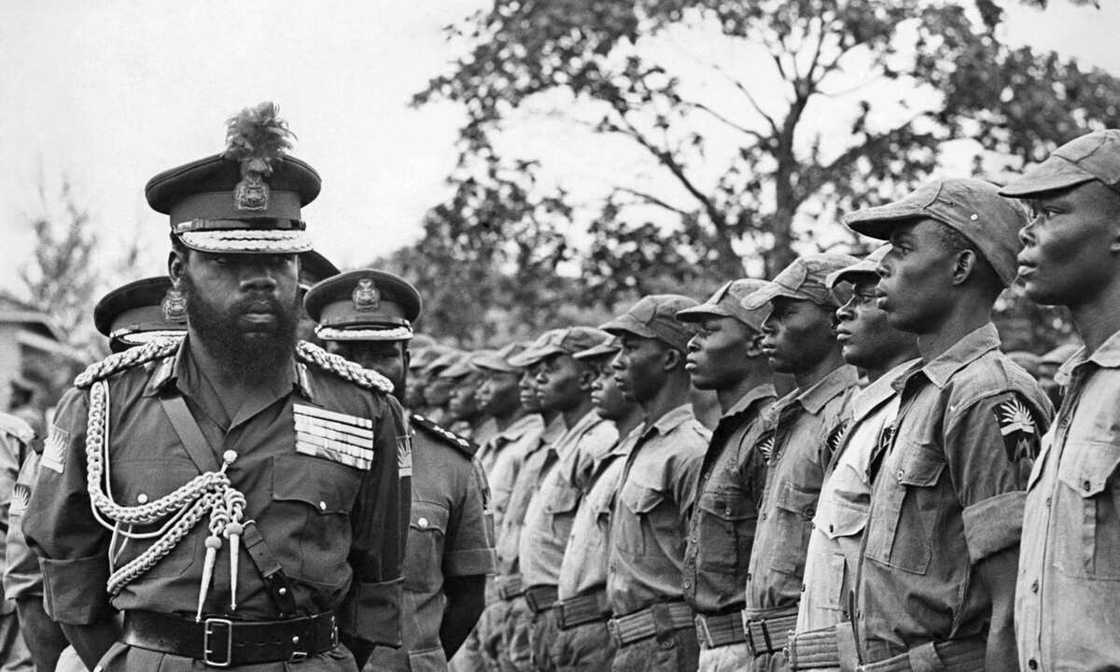
Source: Depositphotos
As every phenomenon has its positive and negative effects, nationalism has them too. While at the beginning nationalism was the force that helped Nigerians gain the freedom and prosperity, develop their identity, language, and culture, later, after the emergence of the military rule, it influenced country in the negative way.
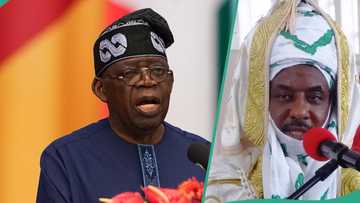
Read also
FG reacts as Emir Sanusi says he doesn't want to help Tinubu’s govt, "deeply disappointing"
READ ALSO: How old is Nigeria?
Source: Legit.ng


